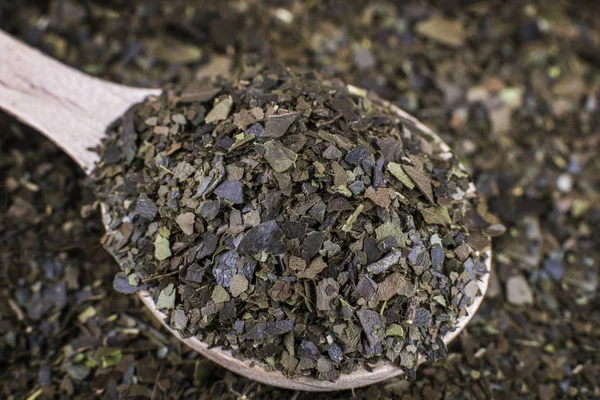Natural Supplements Guayusa Tea and Lion’s Mane Boost Cognitive Performance – A new study published in the journal Nutrients has investigated the effects of two natural supplements, AmaTea® Max (AMT) and Nordic Lion’s Mane (LM), on cognitive performance and perception.
What are AMT and LM?
AMT and LM are natural supplements that have been shown to improve cognitive performance and perceptions of happiness.
AMT:
- Derived from Guayusa tea, a GRAS (generally recognized as safe) extract naturally grown in the Amazon basin.
- Contains methylxanthines, phenols, chlorogenic acids, and terpenoids.
- Improves reaction time, accuracy, speed, mental clarity, focus, concentration, mood, productivity, and stress tolerance.
- Increases blood pressure and reduces heart rate.
LM:
- Extracted from the edible mushroom Hericium erinaceus, also a GRAS food.
- Primarily consists of neuroprotective compounds like phenols, β-glucan polysaccharides, and myconutrients.
- Improves reaction time, working memory, complex attention, and perceptions of happiness.
Overall, both AMT and LM appear to be promising natural supplements for enhancing cognitive function and promoting well-being.

About the study:
- 40 participants aged 18-50 (22 women, 18 men) with a BMI between 18.5 and 39.9 were recruited.
- All participants were habitual coffee drinkers consuming moderate amounts of caffeine (240mg/day).
- Medical history, diet recall, and blood samples were collected.
- Participants underwent three sets of neuropsychological assessments (Serial Sevens, Go/No-go, N-Back) before and after AMT or LM ingestion.
- Visual analog scales (VAS) assessed focus, mood, clarity, concentration, productivity, and stress tolerance.
- Four-item Subjective Happiness Scale (SHS) measured happiness, peer comparison, enjoyment of life, and unhappiness.
- Vital signs, blood pressure, and heart rate were monitored.
Study findings:
- AMT:
- Improved reaction time in the Go/No-go task (stimulatory response) within one hour, sustained through the second hour.
- Increased accuracy and speed in the N-Back test at 60 and 120 minutes.
- Enhanced mental clarity, focus, concentration, mood, and productivity on the VAS at 60 and 120 minutes.
- Improved stress tolerance at 60 minutes.
- Increased systolic and diastolic blood pressure at 60 and 120 minutes, while reducing heart rate.
- LM:
- Improved reaction time in the Go/No-go task (stimulatory response) at 120 minutes, indicating a delayed response.
- Improved happiness on the SHS at 60 minutes.
Conclusions:
- AMT: Significantly improved cognitive performance and perceptions of happiness over two hours post-ingestion.
- LM: Improved working memory, complex attention, reaction time, and perceptions of happiness over two hours.
Future research:
Further studies using advanced imaging techniques (EEG-correlated fMRI) are recommended to gain deeper insights into the cognitive benefits of AMT and LM supplementation.
This research suggests that AMT and LM may be beneficial for individuals seeking to improve their cognitive function and overall well-being. However, it is important to note that these are preliminary findings, and more research is needed to confirm these results.
Continue to check our website soundhealthandlastingwealth.com for more articles of this kind. And, please use our comment section as well, we would love to hear from you.






